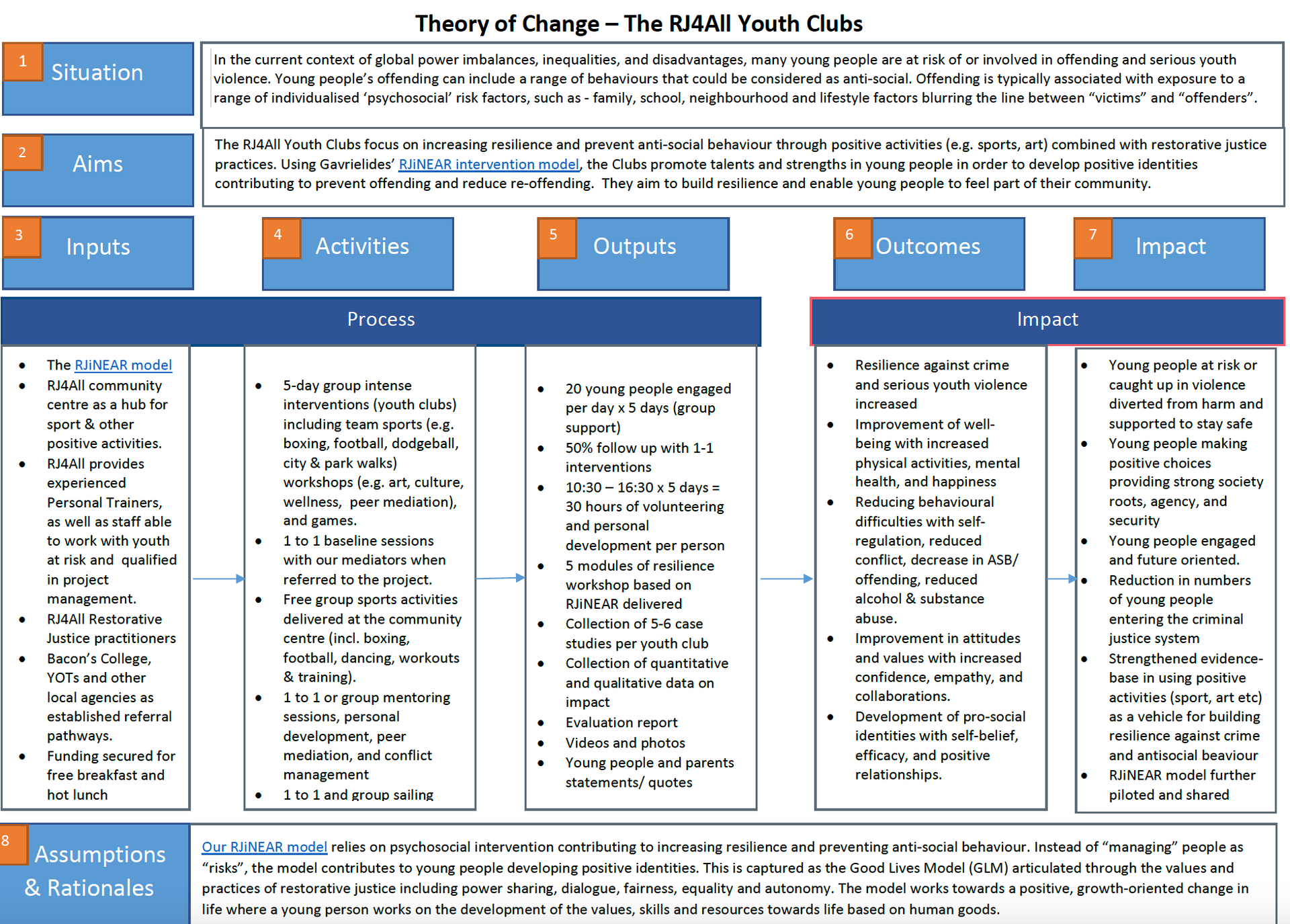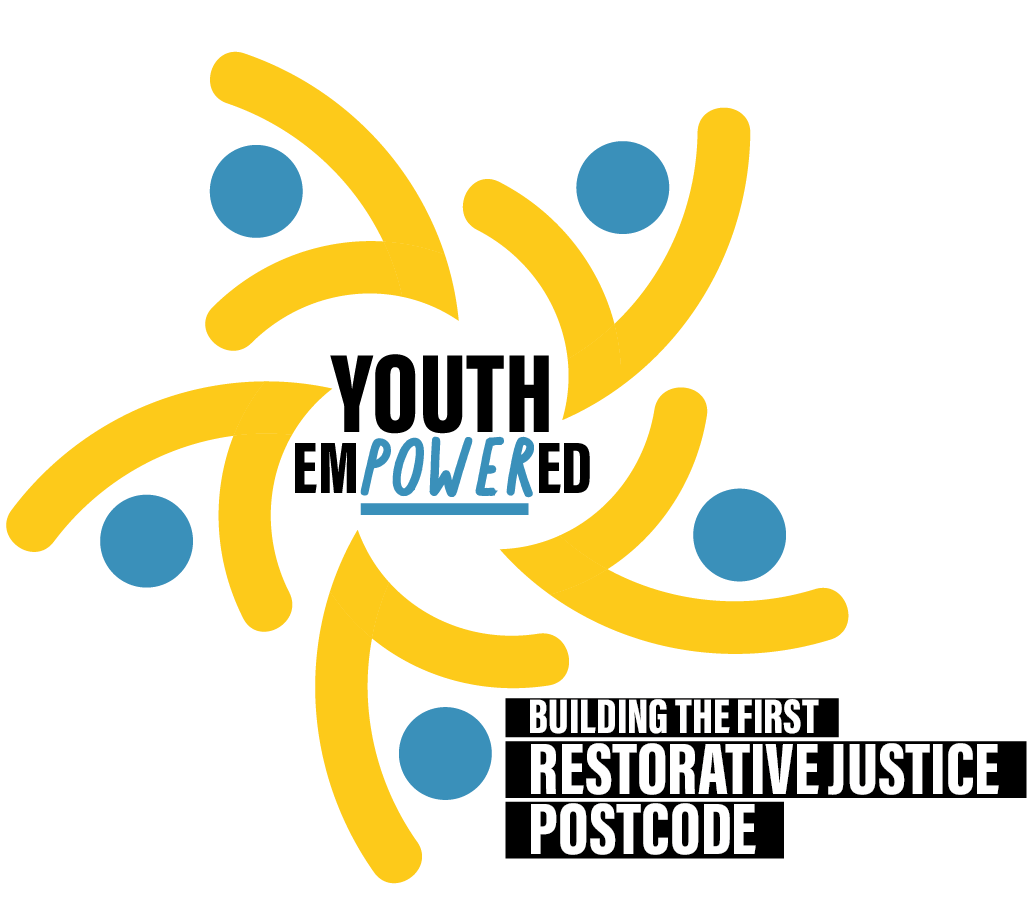The RJiNEAR model of resilience
The problem
Traditionally, criminologists have used psychology and other sciences to understand and reduce violence by focusing on the negative traits that lead adults and young people to harm and antisocial behaviour. This approach is encapsulated in the
Risk Need Responsivity (RNR) model
of rehabilitation. This approach is failing at practical, policy, political and financial levels internationally (Gavrielides, 2015; 2022). Similarly, existing approaches to prevent the risks associated with the phenomena of violent radicalisation, intolerance and hate are constructed within the same failing model. Developed in the 1980s by
Andrews, Bonta and Hope (1990), RNR’s focus is on reducing and managing "risk". Pathology-focused interventions have consequently been developed including the punitive approach of the current justice system. According to Maruna (2006) and
Gavrielides
(2013; 2015; 2021),
concentrating on criminogenic needs is not a sufficient condition when it comes to building psychosocial resilience against the factors that lead to violence and harm including extremism.
McAdams (1994; 2006)
argues that integration and relatedness are crucial in encouraging desistance from violence, intolerance and radicalisation.
Our innovative approach: The RJiNEAR model
Clearly a fresh and complementary approach is needed. At RJ4All, we do not use terms such as “victim” or “offender”. We adopt the restorative justice principles of power-sharing and equality to focus on empowering the individual to heal themselves and their community. We see our beneficiaries as a group of talents whom we support, while being aware of their needs and realities.
As a response to the practical, financial and policy gaps created by the RNR approach, we constructed the RJiNEAR model of resilience, crime prevention and control. The model was first articulated in 2017 by Professor Tunariu (Tunariu, Boniwell & Rufon, 2017) and Bonwell & Tunariu (2019). Subsequently, RJ4All Founder and Director, Professor Theo Gavrielides advanced the model using restorative justice (Gavrielides, 2015; 2022).
This resulted in the RJiNEAR model meaning "Restorative Justice through: I, myself, New Knowledge about myself, Emotional intelligence, Awareness of values, of options, of choice and Responding with growth ‘in spite of …’
Our model understand resilience as a capacity that can be expanded. It can be developed through interactions between an individual’ internal assets, guided responses to environmental variables, and repertoires of protective factors (Luthar et al., 2000). The model was designed to tap on such interactions. Its overreaching Theory of Change is transformation through participation. RJiNEAR uses psychosocial interventions, aiming to increase resilience and prevent anti-social behaviour. Instead of “managing” people as “risks” (Risk Need Responsivity), the model focuses on promoting talents and strengths and through this approach help develop positive identities. This approach is captured as the
Good Lives Model (GLM), but enhanced and articulated through the values and practices of restorative justice including power sharing, dialogue, fairness, equality and autonomy. The model works towards a positive, growth-oriented change in life where a person at risk works on the development of the values, skills and resources towards life based on human goods. The model also draws on community power and community involvement in proving a holistic approach to preventing extremist ideologies and indeed violent actions motivated by hate and extremism. Some of Gavrielides' thinking can be unpacked in this paper It is also the foundation of the book "Offenders no More".
Building on success
The model forms part of RJ4All's wider programme
"Preventing & Addressing Violent Radicalisation and Extremism". Several publications, videos, handbooks and manuals have been produced as a result of this model.
RJiNEAR has been tested through various pilots with direct interventions in formal and informal settings. In particular, the model was first piloted in 2016 at Abbey College involving a sample of 350 young people aged 11 and 12 (Tunariu, Boniwell & Rufon, 2017). In 2020, RJ4All carried out a community-based pilot in Southwark called "My Voice – My Future". This was funded by Southwark Council, and provided new evidences that turned the RNR approach on its head. Subsequently, RJ4All delivered the European Commission funded projects Restorative Dialogue Against Violent Radicalisation (RDaVR) and Mobilizing against extremism through countering and diverting radicalization of young people (RADEX). Both these European projects, were built on Gavrielides' 3 year pilots of the model in 7 European countries. These pilots were carried out as part of the YEIP project and led to a series of scientific publications and books. A summary of other projects, training programmes and initiatives that resulted from the RJiNEAR programme can be found below.
RJiNEAR-based projects, courses, training handbooks and publications
The RJ4All Youth Clubs & RJiNEAR
The RJ4All Youth Clubs - Theory of Change
Youth Empowerment & Innovation Project
As part of his work against violent radicalisation and extremism, Dr. Gavrielides carried out YEIP, which was a 3-year Erasmus+ funded programme that aimed to design a youth-led, positive policy prevention framework for tackling and preventing the marginalisation and violent radicalisation among young people in Europe. The project started in March 2017 and ended in February 2020.
Led by young people, YEIP was delivered in partnership with 18 partners results from seven EU countries. It constructed and tested an innovative, policy intervention model that was founded on the principles of restorative justice, positive psychology and the Good Lives Model (GLM). You can find out more via YEIP's dedicated website and Facebook page.
Building the world's first restorative justice postcode
The delivery of our RJiNEAR model forms part of our long-term vision of building the world's first restorative justice postcode.
-
My Voice - My Life project
Photo By: John DoeButton -
Erasmus RDaVR project
Photo By: John DoeButton -
Erasmus RADEX project
Photo By: John DoeButton -
CPD ecourse: Preventing violent youth radicalisation: A restorative justice and human rights approach
Photo by: John DoeButton -
E-course for young people: Building Youth Resilience
Button -
Special Issue IJRJ: Violent Youth Radicalisation: Perspectives and Solutions
Button -
18TH INFORMAL ASEM SEMINAR ON HUMAN RIGHTS: “HUMAN RIGHTS AND PREVENTION OF VIOLENT EXTREMISM
Button -
YEIP
Button -
YouthEmPowered project
Button -
Positive Psychology and Restorative Justice project
Button -
E-Course: Becoming a young peer mediator
Button -
E-course for young people: Building resilience
Button
- Gavrielides, T. (2022) Restorative justice & Violent Radicalisation in criminal justice settings. A training handbook, London: RJ4All Publications, ISBN: 978-1-911634-61-4. DOI: 10.13140/RG.2.2.22380.44166.
- Gavrielides, T. (2022) A positive prevention approach to violent youth radicalisation: advanced level 2 training handbook, London: RJ4All Publications. ISBN: 978-1-911634-65-2. DOI: 10.13140/RG.2.2.18533.47843.
- Gavrielides, T. (2022) Research findings on violent youth radicalisation in the UK, Cyprus, France, Greece and Belgium, London: RJ4All Publications, ISBN: 978-1-911634-54-6.. DOI: 10.13140/RG.2.2.32794.11207.
- Gavrielides, T. (2022) Restorative justice & Violent Radicalisation in criminal justice settings: a comparative overview from the UK, Italy, Turkey, Spain, Ireland and Romania, London: RJ4All Publications, ISBN: 978-1-911634-62-1.
- Gavrielides, T. (2021) "Power, fear and security: The terrorist within" in Gavrielides, T. (Eds)
Power, Race & Restoration: The dialogue we Never Had. Abingdon: Routledge.
- Gavrielides, T. (2020). “Violent Youth Radicalisation in Europe: The youth-led model”, Internet Journal of Restorative Justice, ISBN: 978-1-911634-22-5
- Gavrielides, T. (2020) New Directions in Preventing Violent Youth Radicalisation, London: IARS. ISBN 978-1-907641-64-0.
- Gavrielides, T. and Santiago, I. (2018). Human Rights and Violent Extremism, 18th ASEM Informal Human Rights Seminar, Indonesia: ASEF.
- Gavrielides, T, Nemutlu, G and A.M. Șerban, (2018). Human Rights Education and Youth Work, Estonia: Youth for Human Rights.
- Gavrielides. T (2018) "Pull and Push factors of violent extremism", Workshop 18th ASEM informal Human Rights Seminar, Indonesia: ASEF.
- Gavrielides T. (4-8 November 2018), 18th Human Rights Seminar, A European story of facts and fiction, Yogyakarta, Indonesia.
- Gavrielides, T. (3-5 May 2018). Restorative Justice & Radicalisation: From theory and practice, 2nd Bi-annual International Conference on Restorative Justice, Tehran - Iran. To read the Abstracts that were discussed at the 2nd Biennial International Conference on Restorative
- Justice: Restorative Justice as a Bridge between Silk Road Civilizations" click here
- Gavrielides, T. (2018). “Street group violence and restorative justice”, Unitedworld Law Journal, Vol 2, Issue: I, ISSN: 2457-0427.
- Gavrielides, T. (2018). Youth radicalisation, restorative justice and the Good Lives Model: Comparative Findings from seven countries, London: IARS Publications, ISBN: 978-1-907641-48-0.
- Gavrielides, T. (2018). Human Rights and Restorative Justice, London: RJ4All Publications. ISBN 978-1-911634-00-3.
- Gavrielides, T. (2018). Equality Matters for Restorative Justice, London: RJ4All Publications. ISBN
- Gavrielides, T. (9-10 May 2017), The terrorist within & restorative justice, Conflict in Europe: Meeting the challenge IIRP Conference, Dublin, Ireland
- Gavrielides, T. 3-5 April 2017, A youth-led approach to radicalisation and insecurity: An alternative vision for social cohesion, The MARGIN project Final conference, Horizon 2020 Budapest, Hungary.
- Gavrielides, T. (2016). “The terrorist within: from a restorative lens”, Special Issue Justice Report – Guest Editor Winterdyk, J., Canadian Criminal Justice Association
- Gavrielides, T. (2016). "The Death of Democracy and the Forces of Power and Control: The Case of Europe". Social Sciences Journal. 5(3), pp. 42; doi:10.3390/socsci5030042.
- Gavrielides, T. and Worth, P (2014). “Another push for restorative justice: Positive psychology & offender rehabilitation” in Crime: International Perspectives, Socioeconomic Factors and Psychological Implications, New York: Nova Science Publishers.
- Gavrielides, T. (2012). “Contextualising Restorative Justice for Hate Crime”. Journal of Interpersonal Violence Vol 27, Issue 18, pp. 3624 – 3643. https://doi.org/10.1177/0886260512447575
- Gavrielides, T. (2010) “The new politics of community cohesion: Making use of human rights policy and legislation”, Vol 38: 3 Policy & Politics, pp 429-445. ISNN0305 5736.
Restorative Justice for All International Institute (RJ4All)
The RJ4All Rotherhithe Community Centre, 30 Plough Way London SE16 2LJ, UK
admin@rj4all.org | +44(0)7708758600 or 07795678904













